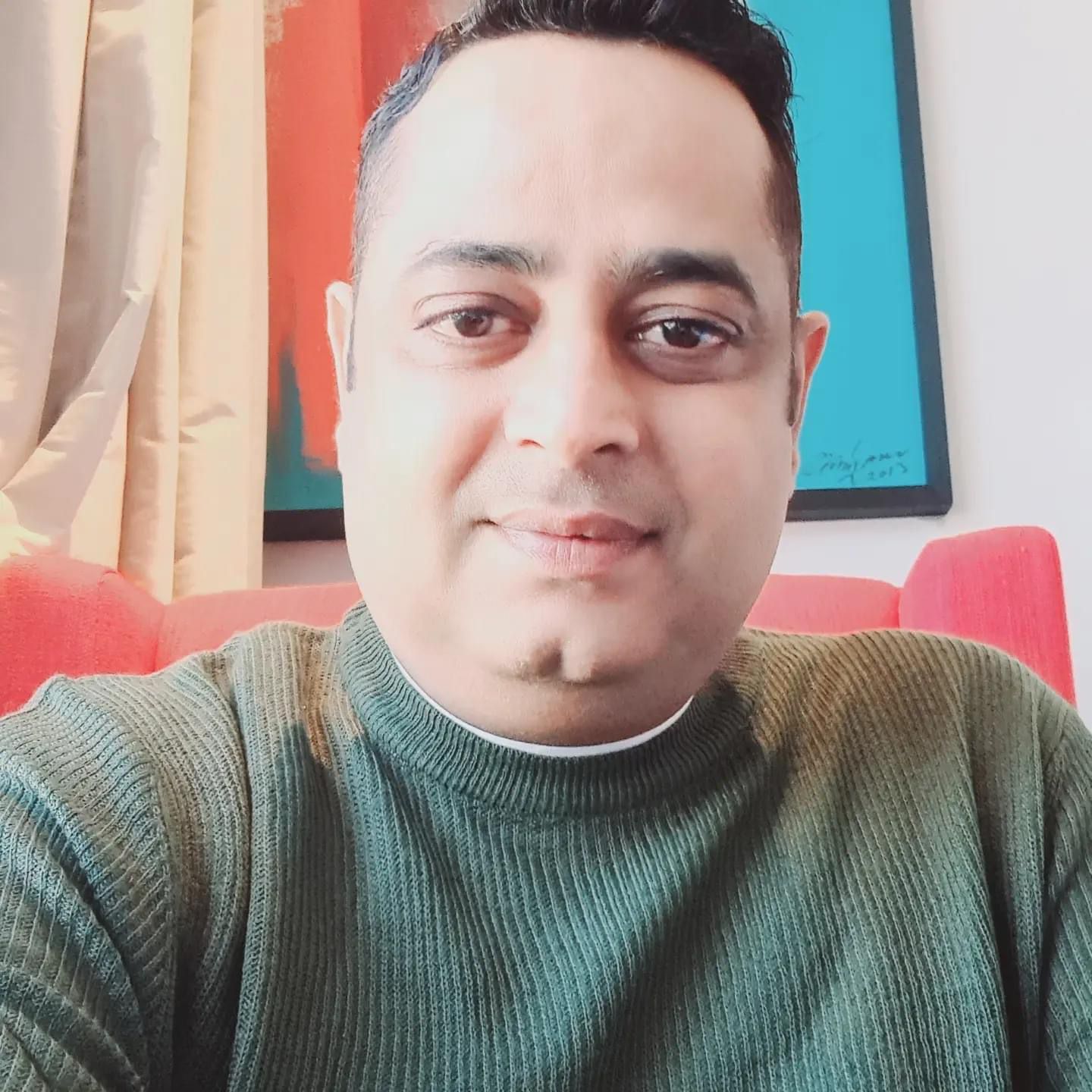

For probate of will, there is a well-defined procedure established by the authorities. Contact us, our legal experts will help you with this.

10+ Years of Experience

10+ Years of Experience

400 + In-House CAs, CS & Lawyers

10,000+ Pin codes Network in India

Happy Customers

Expert Advisors

Branch Offices








Among Asia Top 100
Consulting Firm

Lowest Fees
100,000 + Clients.

4.9 Customer Rating,
50+ Offices
A will has been defined in the Indian Succession Act under Section 2 (h). It is defined as a “Legal declaration of the intention of a person with respect to his property, which he desires to take effect after his death”. In general terms, a will is a legally written Document through which a person distributes his/her property to family members, relatives and friends, etc after death. The person who makes a will is called a testator/testatrix.
A will takes effect after the death of the testator. Legality and validity of a will are proved by the signatures of the testator and the witnesses in front of whom the testator signed the will before death. A probate of will increase the authenticity of a will.
A probate is a certified copy of a will and is considered an official Document which acts as valid proof in increasing the credibility of a will. An executor approaches the court for probate of will so that he/she can get the authority to execute the will and distribute and dispose of the property of the deceased to the mentioned beneficiaries. A probate of will adds legal character to the will.
In general terms, it is a legal process which smoothens the distribution of the property of the testator after death to his/her legal heirs and the mentioned beneficiaries in the will. The executor is also responsible to pay off the debts taken by the testator before death.
A probate of the will is applied by the executor after a week of the death of the testator. The whole probate process takes months to complete. The authority puts information to the general public to invite objections related to the will, if there are any objections the time required for the process is longer than usual depending on the seriousness of the objection raised.
It is not mandatory to probate a will as there are certain cases where the probate is unnecessary as per the rules made by the respective states. One such situation, when the probate of will is not necessary for distribution of estate, is where the property is owned jointly by the testator and his/her spouse or children, and the property is transferred automatically to the surviving owner by operation of law.
A person is required to follow the process of probate when there is an issue with the existing will or to provide credibility to the will of the deceased.
There are several advantages when a person gets the will probated by a competent authority. These are as follows:
The executor needs to keep in mind certain things for probate of the will. These are as follows:
When the applicant submits the application for probate of will before the competent authority, he/she is required to submit the below-mentioned Documents to prove that:
The process of probate of the will is divided into 4 easy steps:
The executor is also required to submit Documents to verify the genuineness of the will such as the death certificate of the testator and other essential Documents. Submission of such Documents will prove the credibility of the will.
People usually don’t have much idea whether it is mandatory to probate a will or not. As per the provisions stated under the Indian Succession Act of 1925 a probate of the will is mandatory under certain circumstances. These are as follows:
Whenever a will is made by a person who is living at a place which was previously under the rule of the Lieutenant-Governor of Bengal or under the local limits of High Courts of Judicature at Madras and Bombay, the probate of the will is mandatory. In the present times, these places are – the state of West Bengal, the municipal limits of cities such as Mumbai and Chennai. If a will is being made by a person living in the above-mentioned places, it is mandatory for probate of will even if the testator does not own an immovable property to be included in the will.
In case a will is made by a person belonging to the Hindu, Sikh, Jain or Buddhist religion, it is mandatory to probate a will.
If a will does not fall under the above-stated conditions, it is not mandatory for the executor/administrator to probate a will. Also, no person can be stopped from applying for probate of a will in situations where it is not mandatory. Thus, it is suggested to the people to obtain probate to avoid any chances of interested parties claiming the will to be invalid on several grounds.

We make technical compliance certifications effortless and convenient.

Clients Worldwide

By 42842+ Customer

Industry Professionals

Guaranteed







